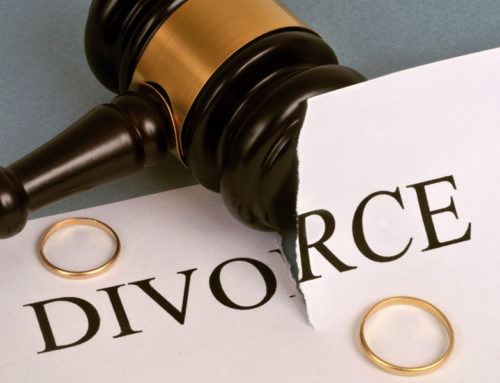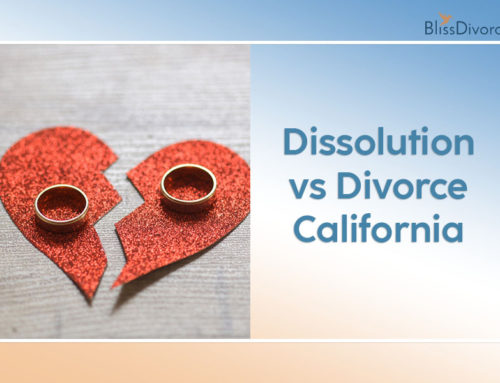There are three parties involved in the division of debts in your divorce agreement: you, your spouse, and your creditor. While your divorce agreement is legally binding for you and your spouse, this isn’t true for your creditor.
Here is what that means for the debt-division process.

Source: shutterstock.com / Photo Contributor: David Pereiras
Whose Debt Is It?
In a lot of ways, dividing your debts works just like dividing your assets. However, it’s essential to keep track of who originally owed each debt.
There may be debts you or your spouse had before you got married. For example, one or both of you may have student loans from college. Generally speaking, these are separate debts, and they are separate property. If you owed the debt before getting married, you will probably be paying it after you are divorced.
There may also be debts that you acquired together: credit cards, mortgages, or car loans. These are things that you and your spouse owe jointly. These are community property. Many couples split these debts 50/50 in their divorce agreement.
Consider What Is Fair
Under most circumstances, a divorce agreement where one spouse takes all the debts isn’t fair. However, if they receive a portion of the assets to balance out the obligations, it can work out.
Any division which both spouses can agree to can go into the final divorce agreement.
Consider What Is Possible
Let’s consider a proposal where a debt that both spouses acquired as a married couple goes to one spouse. Is that person able to pay it?
Whether they agree to it or not, whether the divorce agreement obligates them to or not, it may not be possible for them to pay it consistently. When those past-due bills pile up, the creditor will try to collect them from the other spouse, and the missed payments will likely harm both of their credit scores.
Regardless of whom the divorce agreement states will pay a debt, it will still be all borrowers initially responsible for that debt that the creditor will contact if that debt is past due.

Source: shutterstock.com / Photo Contributor: fizkes
Always Remember: Your Creditor Has A Different Perspective.
In some rare cases, a creditor might agree to transfer responsibility for a debt to someone other than the person or people that originally owned it. You should not expect, however, that this will be the case for your situation. In most cases, the creditor will want to hold you both liable, to protect their interests.
So remember: Your divorce agreement isn’t binding on your creditors. Divide with care!
*This article is for informational purposes only and is not intended to provide legal advice. If you require legal advice, please contact a licensed attorney in your local area.




